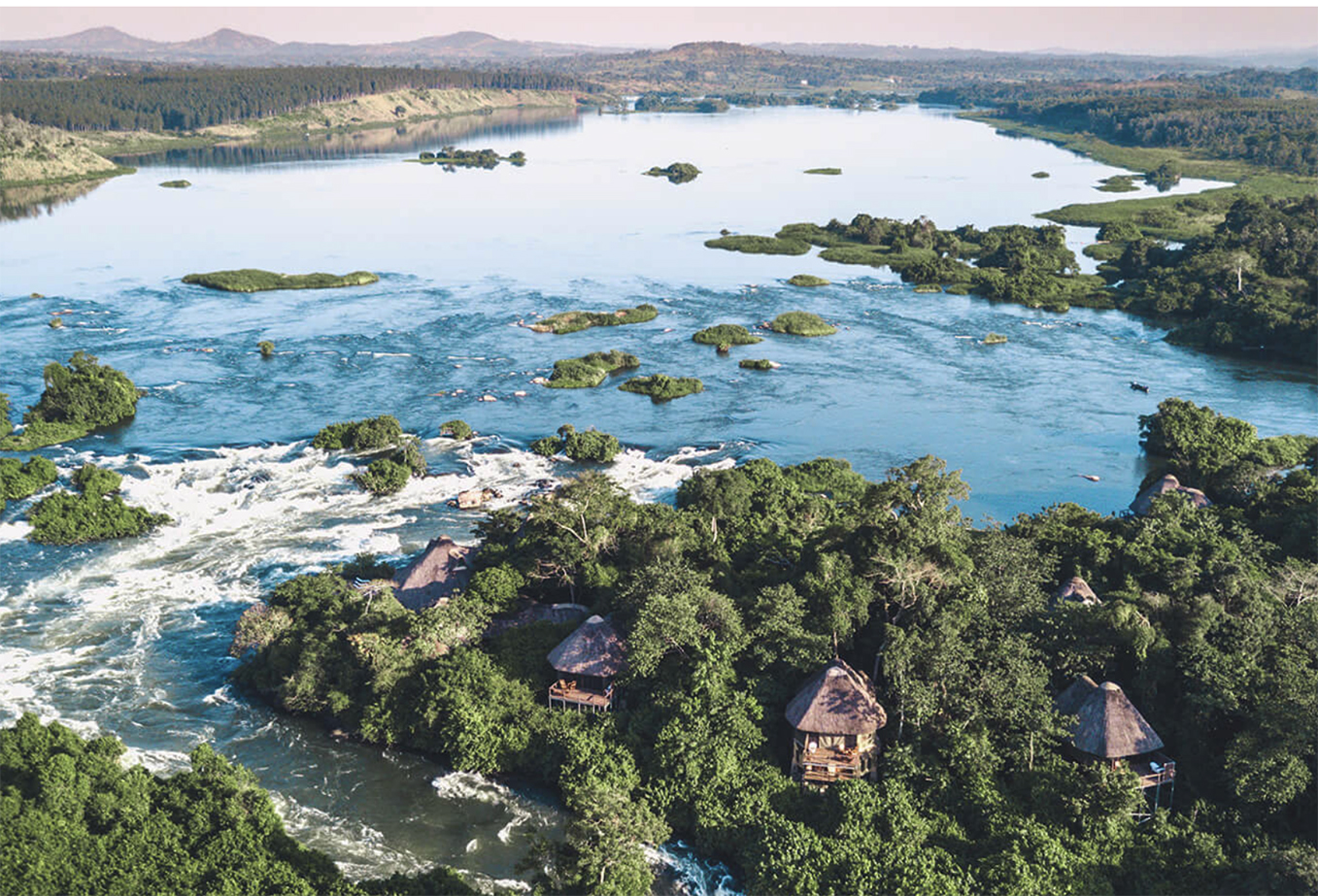Green tourism
It doesn't have to be an oxymoron - the Global Responsible Tourism Awards works to encourage more responsible travel in African and Latin American countries and in India.

Community-led excursions in Cape Town, glass recycling as a tourist attraction in Eswatini and agriculture connections in India are among the inspiring winners of this year’s Global Responsible Tourism Awards which showcase travel companies working to encourage more responsible tourism. RTAwards.org
Best for nature-positive tourism: Wildlife Act in South Africa includes a tour operator recruiting wildlife eco-tourists, together with a non-profit and Fair Trade-registered trust which specialises in the safe capture, transportation and reintroduction of endangered species into new areas. Up to 500 conservation volunteers a year get far more than the typical eco-tourism experience by playing an active role in conservation. Activities include: daily wildlife monitoring, rescuing and treating animals caught in snares, moving animals to other reserves when necessary and essential data collection to inform management decisions, the fight against wildlife poaching, education and awareness of conservation in Africa and providing the means to support it. Wildlife Act
Best for meaningful connections (joint winner): Uthando, South Africa, runs what is calls respectful, life-changing philanthropic education excursions around Cape Town, visiting community development projects. Tours vary according to community needs and might include visits to musicians, artisans, agricultural projects and schools. Uthando means love and the project strives to be an example of inspirational travel that connects visitors with communities in an authentic and culturally sensitive way. Uthando
Best for meaningful connections (joint winner): Soar Excursions, based in Ahmedabad, Gujarat, describes itself as 'dedicated to offering meaningful and responsible tourism experiences to a diverse range of clients'. It provides customised and curated slow travel options in Gujarat and immersive tours offer experiences, ranging from bicycling through the Rann of Kutch, exploring modernist architecture in Gujarat, walking alongside the nomadic Mirasi community, or textile tours and workshops connecting visitors with local communities. Soar Excursions
Best for diversity and inclusion: The Batuc Network, from Bahia in Brazil, brings together quilombolas (Afro-Brazilian communities formed by runaway slaves), indigenous people, family farmers, fishermen, riverside dwellers, shepherds, land reform settlers, and urban collectives. The network uses tourism to generate work and income and as an instrument of resistance and transformation. Members offer sustainable, responsible, and regenerative tourism for economic benefit and to strengthen marginalised communities.The Batuc Network is recognized throughout Brazil as a pioneer in efforts to promote justice for the black, quilombola and indigenous populations through tourism. Viajar Verde
Best for local sourcing, craft and food (joint winner) Ngwenya Glass is an outstanding craft enterprise in Eswatini (one of the smallest African countries) which re-purposes old bottles into handmade glass ornaments and tableware, melting up to one ton of broken bottles daily in a furnace predominately fuelled by used cooking oil. Ngwenya Glass attracts 50,000 international tourists a year, who can watch waste glass being turned into a range of products. Piece are mouth-blown or hand sculpted by Swazi artisans. Thirteen other boutique shops are also hosted in the indigenous garden, all selling locally produced art and craft, including artisanal chocolate and gin. Ngwenya Glass
Best for local sourcing, craft and food (joint winner) The work undertaken by the Kerala Responsible Tourism Mission, Government of Kerala, has ensured that more than 25,000 households in the south Indian state of Kerala benefit from tourism. A village life experiences programme connects visitors with craft workers and they can buy directly from producers. The Responsible Tourism Mission also promotes the ethnic and traditional foods of each locality through tourism - for example tourists can enjoy meals in the homes of local people, generating additional income for them. The Kerala Agritourism Network, part of the Responsible Tourism Mission, connects small-scale farmers to the tourism sector. Kerala Tourism
Best for tackling plastic waste: Lemala Camps and Lodges in Tanzania has removed single-use plastic from its camps but guests arrive with waste plastic and expect Lemala to dispose of it on their behalf. Lemala has responded to that challenge and turned it into an opportunity by upcycling waste plastic and turning it into school desks and chairs for future generations. Working with Dunia Design, Lemala has removed more than 100 tons of plastic from the parks and produced 75 recycled school desks that have been donated to Chief Lebolo's School and the Nainokanoka Primary School at Ngorongoro. Lemala also uses 100 per cent biodegradable and plastic-free lunch boxes made from dried banana leaves collected and assembled by single mothers in a community between Tarangire and Ngoronogoro. Lemala Camps
Best for addressing climate change: Weeva is an innovative data-driven software that measures sustainability based on conservation, community, commerce and culture. Weeva users can manage their carbon footprint by measuring and reporting their resource use. Weeva recognises that businesses will have different starting points, facing different issues in a world diverse in geography, climate and culture, and they have made it easy to begin. Businesses can get started by entering relevant data into the Weeva system; whether that's the litres of petrol or diesel that month, kilowatt hours of solar energy produced, or employee engagement survey scores. Weeva